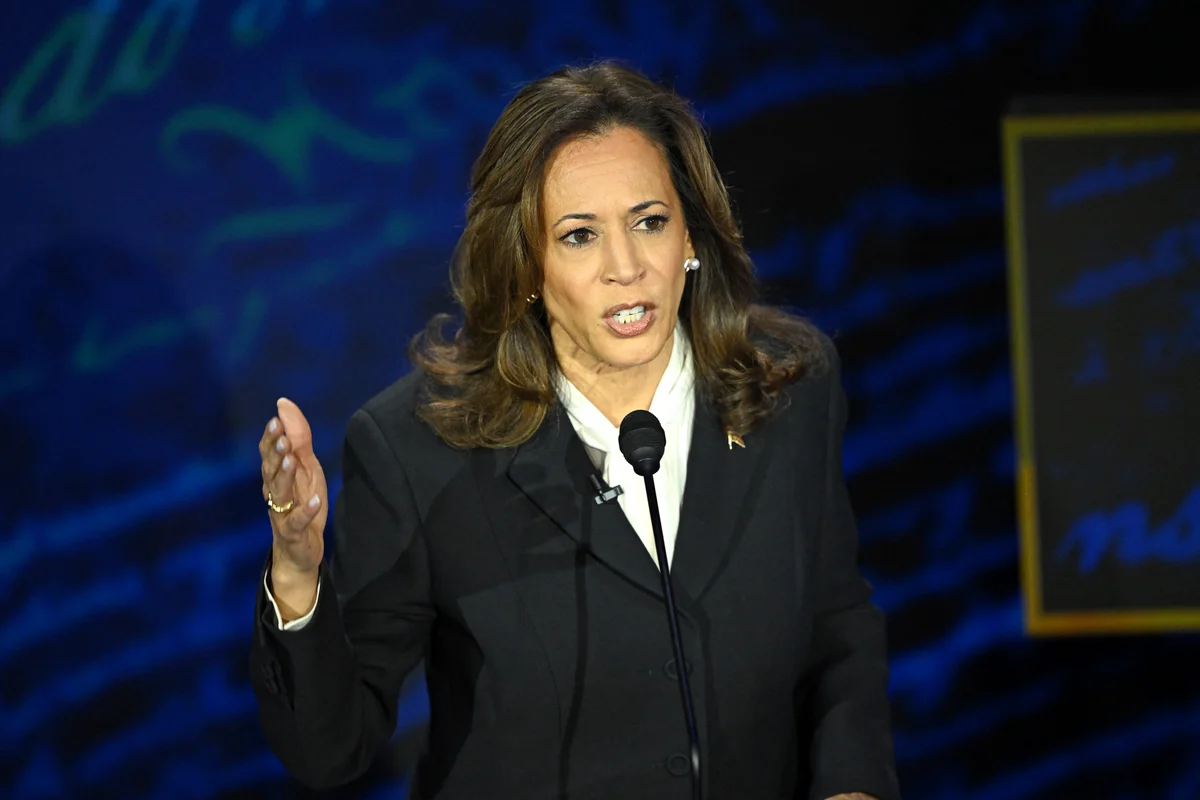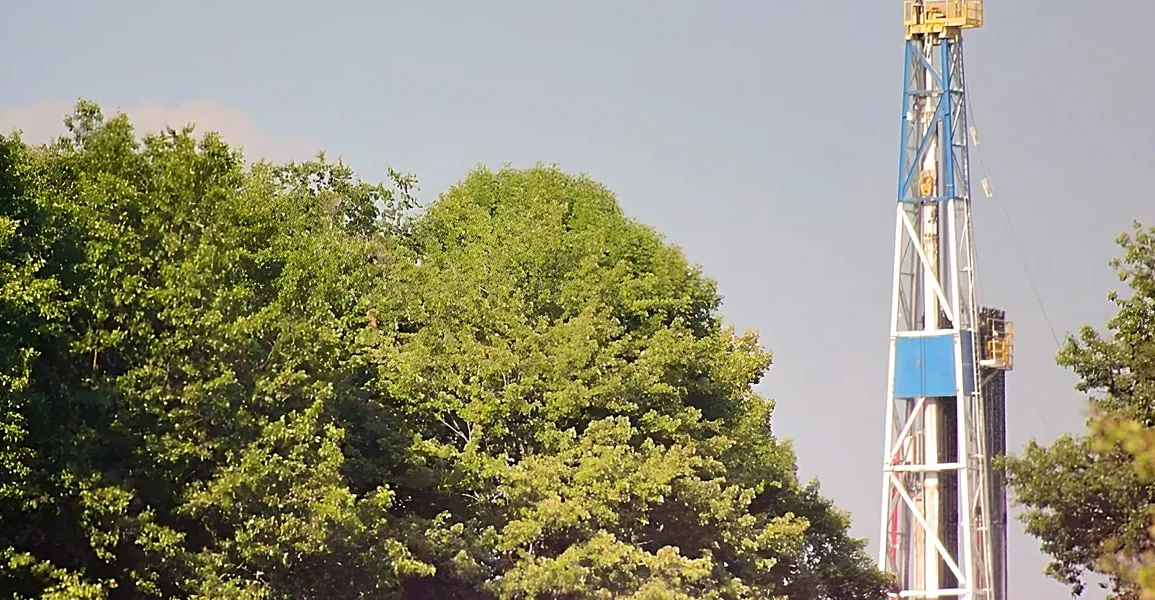In a recent televised debate, Kamala Harris expressed her support for fracking and expanded U.S. gas production, a stance that surprised some environmentalists given the growing climate crisis. Harris rejected Donald Trump’s claim that she would ban fracking, instead highlighting record-high U.S. oil and gas production during her term as Vice President.
She emphasized the need for a diverse energy approach to reduce dependence on foreign oil, aligning her position with the Inflation Reduction Act, which opened new leases for fracking. Harris’s comments mark a shift from her previous campaign promises to end fracking.
Harris touted the increase in domestic gas production under the Biden administration, which she argued was crucial for energy independence and national security. While her stance aims to appeal to moderate voters in key swing states like Pennsylvania, scientists and environmental advocates warn that continued reliance on fossil fuels, including fracking, threatens the global effort to curb climate change.
Limiting the rise in global temperatures to 1.5°C above pre-industrial levels is a critical goal, and current fossil fuel production trends could jeopardize this target.

Environmental groups, some of which had endorsed Harris, expressed disappointment with her strong pro-fracking stance. Allie Rosenbluth of Oil Change US criticized both candidates for supporting policies that perpetuate fossil fuel dependence, urging Harris to adopt a more progressive climate agenda focused on clean energy and ending fossil fuel subsidies.
This echoed concerns that Harris, despite her progressive history on climate issues, is making political compromises to avoid alienating voters in states with strong fossil fuel industries.
The debate barely addressed the climate crisis, with the moderators only asking one question about it late in the 90-minute session. Despite 2023 being on track to become the hottest year on record and growing public concern over extreme weather events, the candidates spent more time discussing non-relevant issues.
Harris did, however, call out Trump’s infamous denial of climate change and praised the job creation stemming from the Inflation Reduction Act, contrasting her approach with Trump’s promises to undo climate legislation.
Trump’s response to the climate question was disjointed, mixing unrelated topics like corruption allegations against Joe Biden with vague comments about renewable energy. He mocked solar energy and dismissed the potential for clean energy to replace fossil fuels while doubling down on his pro-oil and gas agenda.
In contrast, Harris was seen by some climate advocates as the only candidate committed to addressing the climate crisis, though her full embrace of fracking remains a contentious issue for many in the environmental movement.

